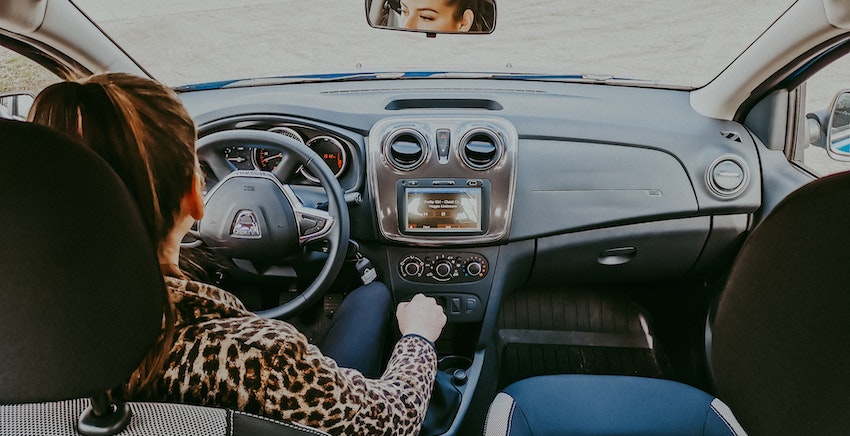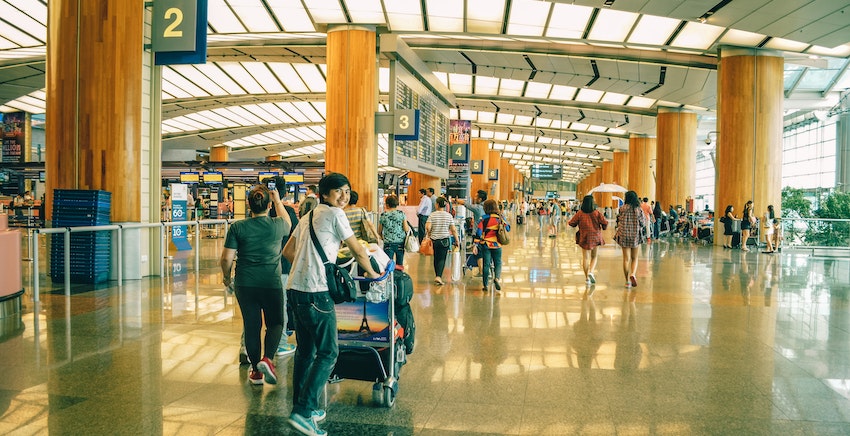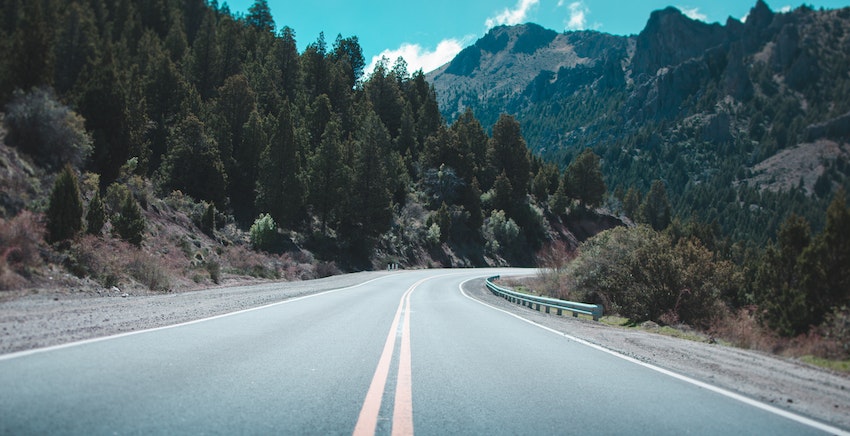
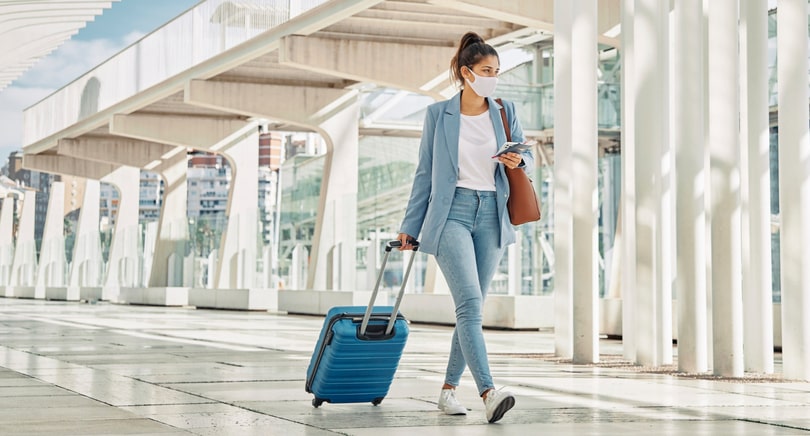
Advice for Solo Travelers
Did you ever consider traveling alone? Solo travel has several advantages, such as allowing you to seek out new destinations at your leisure without being required to wait for or join up with other travelers. You won’t be overburdened by other people’s demands or commitments. Additionally, you have more alone time to take in lovely surroundings, peaceful dinners, and additional time at the sights or activities that most fascinate you.
It’s common to experience some anxiety or discomfort before embarking on a solo journey, especially if you’re considering visiting a foreign location where you may have no friends or family. Fortunately, there are some wise strategies for being secure when traveling alone. Here are six ideas to increase your sense of security.
1. Communicate Your Travel Schedule to Reliable Friends or relatives and Maintain Contact

Tell a relative or friend back at home about your travel plans, hotel reservations, as well as any things you have in store. Additionally, before going on any solo trips, inform the hotel personnel of your destination and expected return time. Check with the smartphone service provider to find out what skills you’ll have at your trip destination if you want to stay in touch with friends, family, or the office while you’re on your own, even occasionally. If you have Wi-Fi connectivity, you can also check in by social media or email.
2. Plan for Emergencies
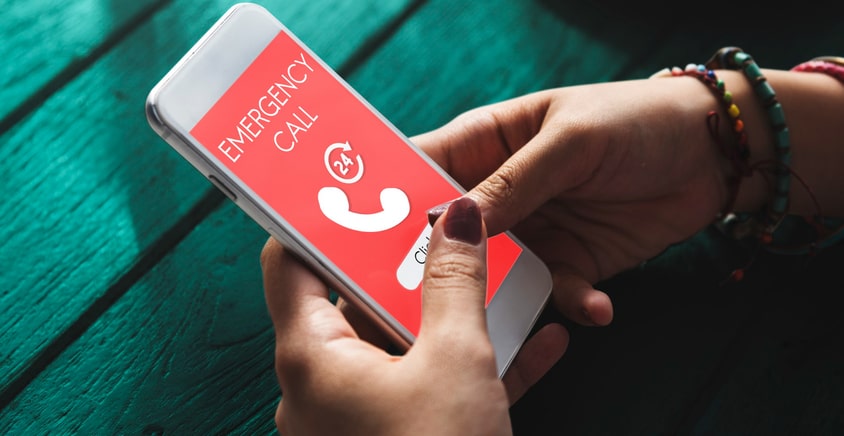
Ideally, when traveling, you won’t experience a medical emergency, a mishap, or a theft. But it’s wise to be prepared for the worst and know who to call. Before your trip, do some research on the doctors, government facilities, and other essential facilities in the area. Learn some emergency words in the language of the country you’re visiting to call for assistance if necessary.
Before your trip, consult your physician to be sure you always had the necessary medicines. When packing, remember to include a stock of any prescribed medications you might require, face masks, sanitizer, and gear to ward off insects that could spread disease, such as mosquitoes. Make sure you research the quality of the drinking water, food, and restaurants in the area.
3. Guard Your Valuable Goods
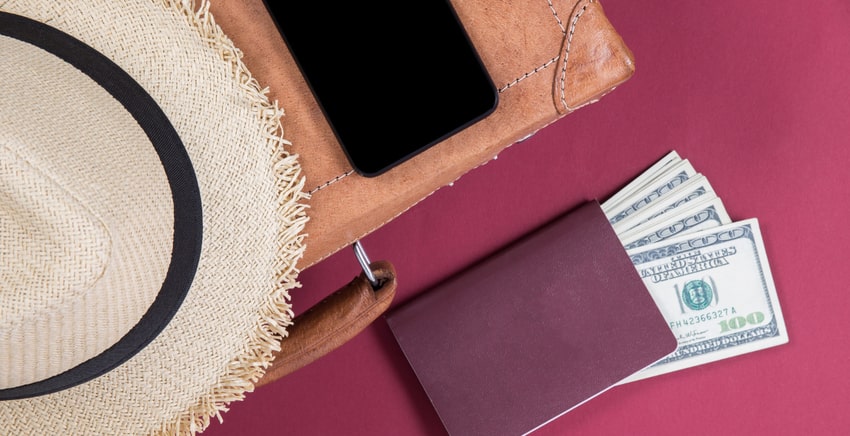
When you head out, simply bring the essentials with you, such as your mobile, a bank card, cash, an Identity, and a duplicate of your passport. Keep these hidden in a safe bag that you can always see. Keep bags containing these items up and in your direct range of sight.
Additionally, you should carry a duplicate of your passport on hand in case something urgent happens to the original. Keep the document in a secure location that isn’t the same place you keep your genuine passport. When traveling by bus, rail, or any other mode of transportation, it’s equally crucial to remain vigilant and keep your valuables nearby.
4. Avoid being Irresponsible and Use Logical Thinking
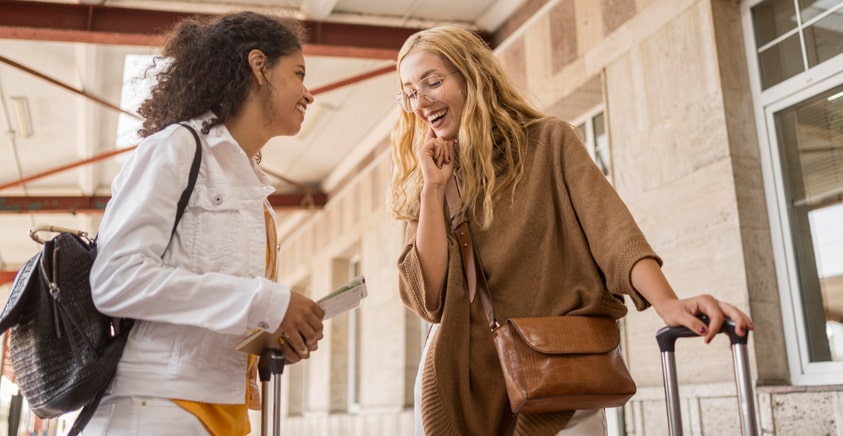
When you’re walking, climbing, or driving, pay close attention to everybody around you. If you start to feel uneasy, go somewhere open like a cafe or meet up with a lot of people. Pretend you are on the route to join your spouse, a relative, or a colleague if anybody inquires if you are traveling alone.
5. Research Safety Measures and Make Smart Choices
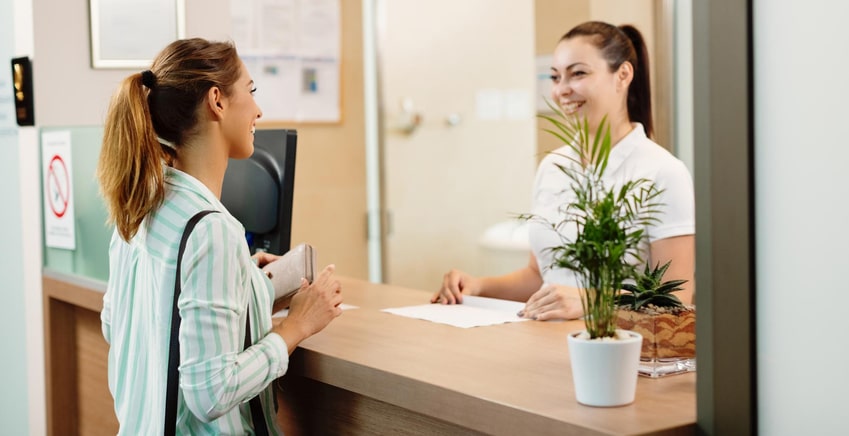
Find out which locations are the safest in your trip and determine whether there are any you must avoid. Discover the greatest modes of public transportation as well as the best routes to travel. Choosing accommodations with high safety ratings might be facilitated by learning details about the area you’re traveling to.
When appropriate, book a room over the floor that is still close to the hotel’s reception and other facilities. After you’ve checked in, ensure your doors are closed and the protection chain is attached while inside your room. If you aren’t expecting hotel personnel or guests, don’t respond to the door.


